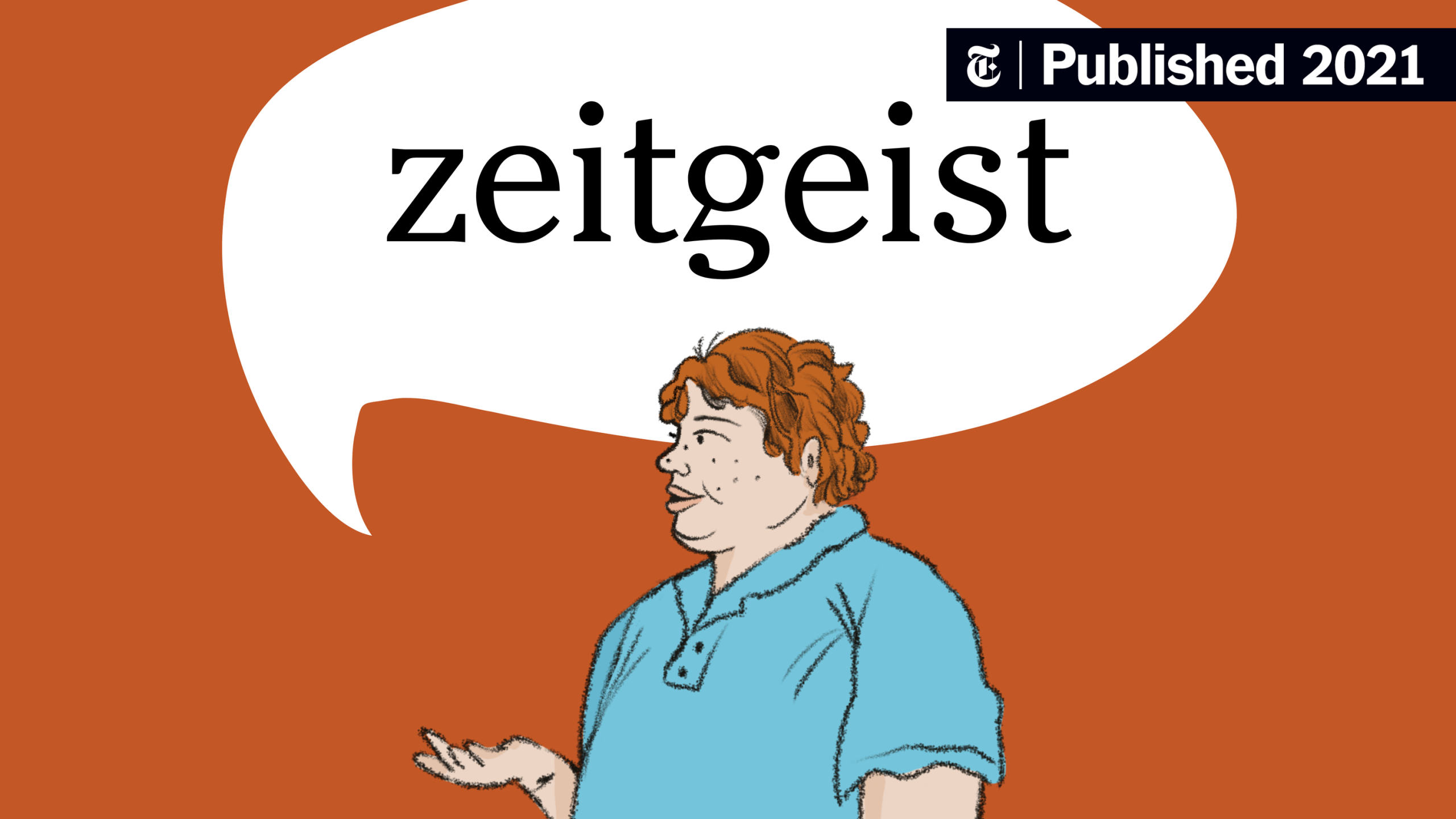
Honestly, the first time I heard the word “zeitgeist,” I thought it was some high-brow academic jargon. You know, the kind of word you’d hear at a philosophy seminar, not in everyday conversation. But then I realized, it’s just German for “spirit of the age.” Simple, but wow, it packs a punch.
I remember reading “The Catcher in the Rye” back in high school. I didn’t get it at first—why was Holden Caulfield so angsty? But then my teacher said, “He’s the voice of his generation.” That’s when it clicked. The book wasn’t just about some moody teenager; it was about post-war America, about feeling lost and disconnected. That’s zeitgeist in action—literature capturing the vibe of an entire era.
I’ve tried writing short stories myself, and let me tell you, it’s way harder than it looks. At first, I thought it was all about plot and characters. But the more I wrote, the more I realized that if you don’t capture the mood of the times, your story falls flat. I once wrote a story set in the ‘90s, but I accidentally slipped in references to smartphones and social media. My friend called me out—“Dude, nobody had Instagram in 1998!” I felt silly, but it was a good lesson. If you want your story to feel real, you’ve got to nail the zeitgeist.
Why the Spirit of the Age Makes or Breaks a Story

I’ve always wondered why some books stand the test of time while others fade away. Why does “To Kill a Mockingbird” still hit hard decades later? After a lot of reading (and, okay, some late-night Googling), I think it’s because those stories capture the spirit of their age so perfectly.
Take George Orwell’s “1984.” It’s not just a dystopian novel—it’s a snapshot of Cold War paranoia, government surveillance, and the fear of losing individuality. Even now, people use the term “Orwellian” to describe modern-day issues. That’s the power of zeitgeist.
But here’s the thing—getting it right isn’t easy. I’ve struggled with this myself. Sometimes, I get so caught up in writing what I think people want to read, I forget to ask: what are people actually feeling right now? What are they worried about, excited for, or angry about? One time, I tried writing a story about climate change, but I didn’t really understand the science or the activism behind it. The result? The story felt shallow, and my readers could tell. Ouch.
I’ve learned that you can’t fake zeitgeist. Readers are smart; they know when a story rings true and when it’s just jumping on a trend. The best stories, the ones that linger in your mind, are the ones that get the spirit of the age just right—even if it’s messy or uncomfortable.
How I Try to Capture Zeitgeist in My Own Writing
I’m not going to pretend I’m an expert, but I’ve picked up a few tricks along the way. First, I pay attention to what people are talking about. Not just on social media (though, yeah, Twitter and TikTok are goldmines), but in real life. I eavesdrop at coffee shops, chat with my neighbors, and listen to what’s bugging them or making them happy.
Second, I read the news. Not just the headlines, but the comments, the editorials, the weird little stories that don’t make the front page. Sometimes, the best inspiration comes from a throwaway line in an article.
Third, I keep a notebook of slang and buzzwords. Language changes fast, and nothing dates a story quicker than using the wrong lingo. I once made the mistake of having a teenager say “groovy” in a story set in 2022. My younger cousin read it and just rolled her eyes. Lesson learned.
But honestly, sometimes I mess up. There are days when I just can’t get the tone right, or I miss what’s really important to people. I remember during the early days of the pandemic, I tried to write a story about working from home. I thought it would be funny, but I totally missed the anxiety and uncertainty everyone was feeling. Readers weren’t looking for jokes—they wanted something that knowledge their fears. I had to scrap the story and start over.
Tips for Writers: Making Zeitgeist Work for You
If you’re a writer (or even just thinking about it), here are some things that have helped me:
- Listen More Than You Talk: Seriously, just listen. People will tell you what matters to them if you let them.
- Don’t Be Afraid to Get It Wrong: I’ve made so many mistakes trying to capture the spirit of the times. That’s okay. Writing is trial and error.
- Stay Curious: What’s the big issue right now? Is it climate change, mental health, social justice, AI? Dive in, even if it feels overwhelming.
- Use Specific Details: The little things matter. What music are people listening to? What memes are popular? What’s the new slang?
- Be Honest: If you don’t get something, admit it. Readers appreciate authenticity.
And here’s a weird tip: sometimes, zeitgeist isn’t about big events. It can be about small moments—a favorite snack, a viral dance move, the way people greet each other. Those tiny details can make your story feel real.
When Capturing Zeitgeist Goes Wrong
Not every attempt is a win. I remember a time I tried to write a story set during the 2008 financial crisis. I thought I understood what people were going through, but honestly, I was just parroting what I saw in the news. My characters felt flat, and the story never really came together. Looking back, I realize it’s because I didn’t have a personal connection to the struggles people faced back then.
Another time, I tried to write about the rise of social media influencers. I thought it would be easy—just throw in some hashtags and product placements, right? Nope. The story felt forced, and my friends called it out for being cringey. What I learned is that you can’t just copy the surface stuff; you have to understand what it means to people. Why do influencers matter? What does it say about our culture? That’s the real zeitgeist.
Moments of Triumph: When It All Comes Together
But hey, sometimes you get it right. I once wrote a short story about a group of friends reuniting after years apart, set just after the first wave of the pandemic. I poured in all the mixed feelings I’d heard from people—relief, awkwardness, excitement, even guilt. The response blew me away. Readers messaged me saying, “This is exactly how I felt.” That was the best feeling ever.
It taught me that when you really listen, when you tap into what people are experiencing, your writing can connect in a powerful way. It’s not about being perfect; it’s about being real.
Why Zeitgeist Matters for Indonesian Writers (and Readers)
Let’s get real—zeitgeist isn’t just for Western literature. Indonesian writers have been capturing the spirit of the age for decades. Think of Pramoedya Ananta Toer’s “Bumi Manusia” or Andrea Hirata’s “Laskar Pelangi.” These books don’t just tell stories; they capture what it felt like to live in Indonesia at a particular time.
For bloggers and writers here, the challenge is the same: how do you write stories that matter now? What are the big issues in Indonesia today? Is it digital transformation, environmental change, youth culture, or something else? The more you pay attention to what’s happening around you, the more your stories will resonate.
Final Thoughts: Embracing the Messiness
If there’s one thing I’ve learned, it’s that capturing zeitgeist is messy. Sometimes you get it right, sometimes you don’t. But that’s okay. The world keeps changing, and so do we.
So, whether you’re a writer, a reader, or just someone who loves a good story, remember: the best literature isn’t just about plot twists or fancy words. It’s about capturing what it feels like to be alive right now. That’s the real magic.
And hey, if you ever mess up—join the club. We’re all just trying to figure it out, one story at a time.







